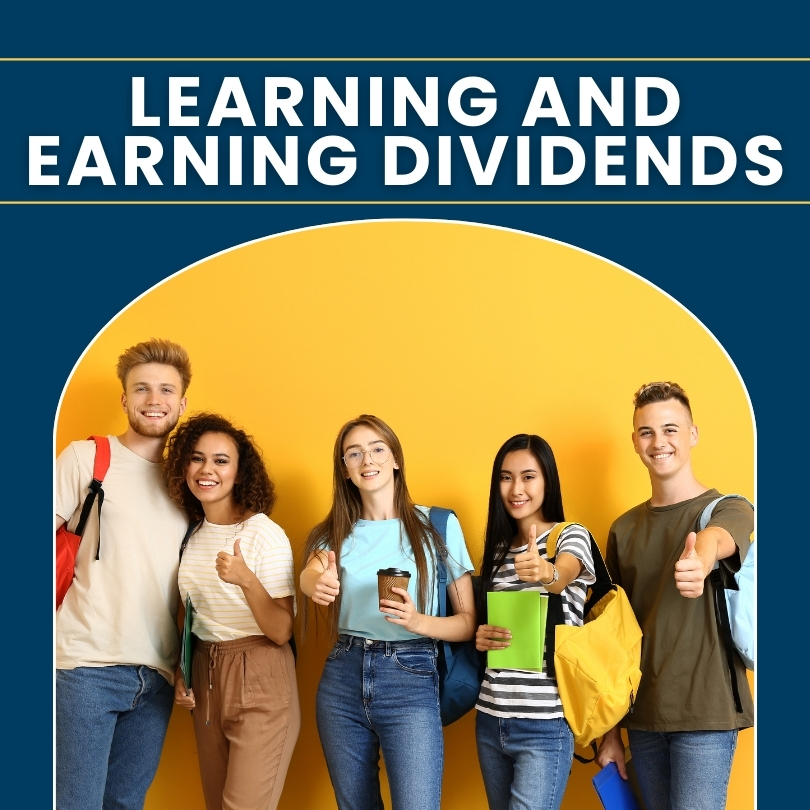
Every Oregon high school student will soon have better skills and tools to build stronger financial security, thanks to a new personal finance class requirement.
At its final meeting of the 2023-24 school year in June, the Oregon State Board of Education voted to adopt a new requirement that high school students take a standalone personal finance course before graduating. The decision was the latest step in implementing Senate Bill 3 (2023), a law that reinstates a dedicated financial learning requirement for high school graduation.
The Board also approved a comprehensive curriculum covering saving, debt, budgeting, taxes, and financial well-being.
State Treasurer Tobias Read, a nonvoting member of the state education board and Chair of the Oregon Financial Empowerment Advisory Team, supported the decision as an opportunity to help every Oregon student gain access to personal finance education.
“This decision is a critical step to help ensure all our students are equipped with the essential knowledge and skills they need to navigate today’s financial landscape,” Treasurer Read said. “By prioritizing financial literacy in our schools today, we are building a more financially secure and responsible future in Oregon.”
Oregon school districts will now begin preparing for the new class, selecting curricula, and training teachers. The course will be required for graduation starting in 2027, or 2028 if districts request a one-year delay.
Oregon joins a growing number of states requiring personal finance education, with half of U.S. states set to implement similar mandates by 2028. These new course requirements will double the number of U.S. public high schoolers that will graduate having taken a personal finance class by the end of the decade.
Financial education experts nationwide support these state decisions. “Research shows that taking a dedicated course in personal finance leads to better financial decisions and helps graduates begin adulthood on stronger financial footing,” said Nan J. Morrison, president and CEO of the New York-based Council for Economic Education.
Knowledge gained from a personal finance class offers significant long-term value. Research shows an individual who completes a class can expect to have $100,000 more over a lifetime, due to better financial decision-making capabilities.
Currently, only 8.5% of Oregon high school students are guaranteed a personal finance class before graduating. The new requirement will help increase students access to essential financial education, particularly benefiting individuals from underrepresented communities. According to the Center for Financial Literacy at Champlain College's 2023 National Report Card on High School Financial Literacy, students from these communities are less likely to acquire crucial financial skills unless these classes are mandated.
Advancing equity in financial education is one of the overarching priorities of the Oregon Financial Empowerment Advisory Team, a collaborative state-level panel that assembles nonprofits, educators, state agencies and financial sector organizations. In 2021, Treasurer Read created the team as part of his initiative to bolster the visibility of financial wellness efforts statewide and help equip individuals and communities with the resources they need to make informed financial decisions.
Treasury helps connect Oregonians to financial resources via Oregon’s 211info network and produces the Financial Empowerment Quarterly newsletter and annual Oregon Financial Wellness Scorecard.
Our financial empowerment initiative is part of the Oregon Treasury Savings Network, which includes the Oregon College Savings Plan, Oregon ABLE Savings Plan, and OregonSaves.
Return to article selection